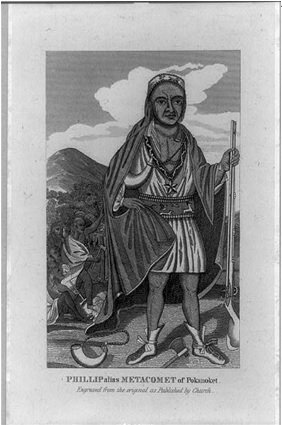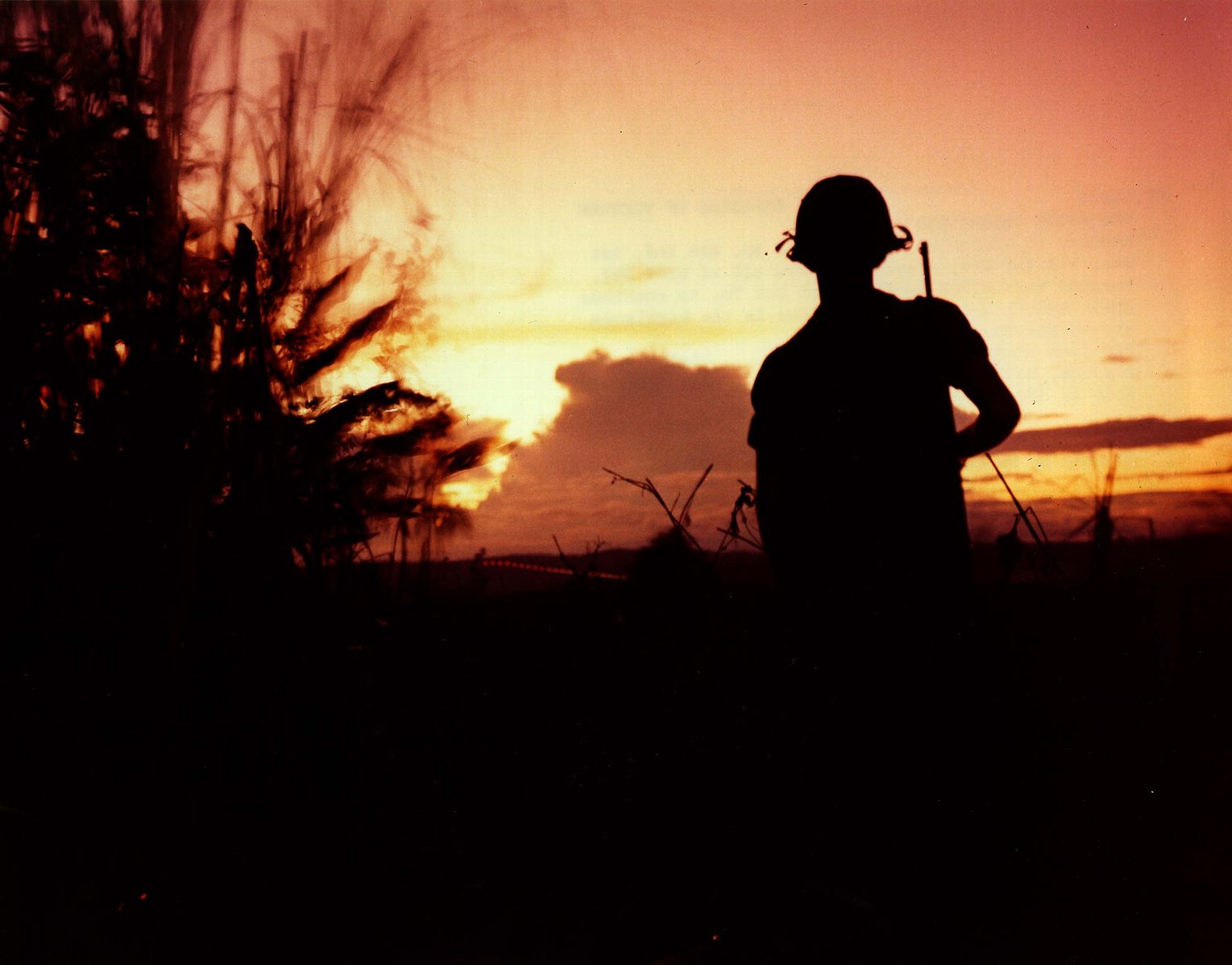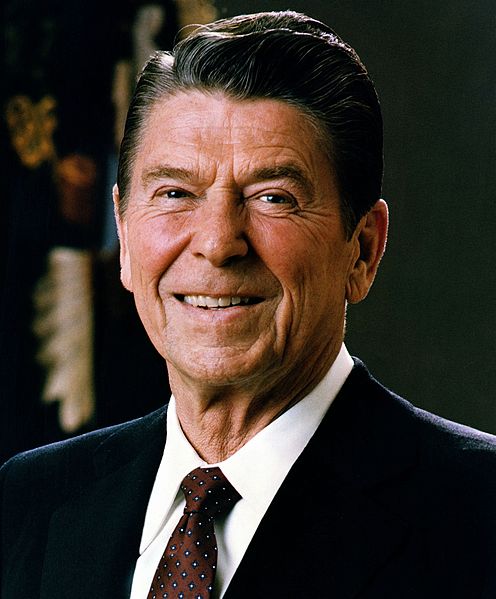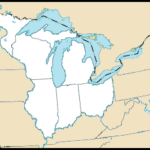King Philip’s War was a series of conflicts between Native Americans and English settlers. The conflicts lasted from 1675 to 1676 and resulted in the destruction of several English settlements and the decimation of Indian bands in New England. King Philip’s War APUSH questions will test your knowledge of the causes and consequences of the war, as well as its impact on the relationship between Native Americans and settlers in New England.
What is King Philip’s War?
The war is named after Philip, the adopted English name of Metacom (or Metacomet), a Wampanoag sachem (chief). Metacom was also the son of Massasoit, the chief who had created a harmonious relationship with the pilgrims who first landed in New England in 1621. Metacom had hoped to maintain a peaceful relationship with the New Englanders as well. However, tensions were rising among the Wampanoag and other New England tribes and the colonists in the area.
As the colonists claimed more and more settlements and expanded their agriculture, they encroached on Native American lands, including hunting and fishing grounds. The power and sovereignty of Native Americans began to dwindle as they lost land and became more reliant on the English for resources.
In June of 1675, three Wampanoags were found guilty of murdering John Sassamon, a Native American who had converted to Christianity. Sassamon was an advisor to Metacom, but Metacom accused him of being a spy for Plymouth Colony. The three Wampanoag men were executed, sparking outrage among Native Americans and leading to the first conflicts of the war.
During the war, the Wampanoag joined forces with other New England tribes, including the Narragansett and Nipmuck. Other tribes, including the Mohegan and Pequot, sided with colonists in Massachusetts, Connecticut, Rhode Island, and Maine. While Metacom and his allies destroyed or damaged over 50 settlements, in the end they could not withstand the might of the flourishing colonies. Metacom was beheaded in August 1676 and the conflict ended soon after, with most of his warriors either dead, sold into slavery, or else escaping into the North.
Important years to note for King Philip’s War:
- 1675: Three Wampanoags are executed for the murder of John Sassamon, sparking King Philip’s War.
- 1676: Metacom is killed and his forces are largely destroyed.
Why is King Philip’s War so important?
King Philip’s War was perhaps the deadliest war in American history on a per capita basis. Both English settlers and the Native American population of New England lost 10% of their able-bodied men. On the English side, major settlements were destroyed, including their goods and foodstuffs, stunting the growth of the affected colonies. Less conflict with Native Americans, however, allowed the colonists to quickly rebuild and recover.
The war was a devastating loss for the various Native American bands involved, as they had already suffered severe population loss due to epidemics of smallpox and other infectious diseases brought by the European colonists. After the war, the Wampanoag and their allies lost their land and resources in New England, making it impossible for them to further resist and stop the expansion of English settlement.
Who are some historical people related to King Philip’s War?
King Philip (Metacom; Metacomet): Leader of the Wampanoag during the conflict
What example King Philip’s War APUSH question might come up on the exam?

Portrait of “King Philip,” 1881 (Source)
The late 17th century conflict known as King Philip’s War was named after
A) an Iroquois leader who sided with the English settlers against the Wampanoag in the conflict.
B) a Wampanoag convert to Christianity whose murder by English settlers sparked the conflict.
C) a spy who gave to Plymouth Colony information about a Wampanoag conspiracy to wage war.
D) a Wampanoag chief who led Native American warriors against English settlers during the war.
Answer:
The correct answer is (D). King Philip was the English name of Metacom (Metacomet), a Wampanoag chief. The name “King Philip” was derived from his peaceful relationship with English settlers. However, he felt betrayed by Plymouth Colony’s continual encroachment on Wampanoag land, and eventually led the Wampanoag and other Native American bands in New England in the conflict with English settlers.





Leave a Reply